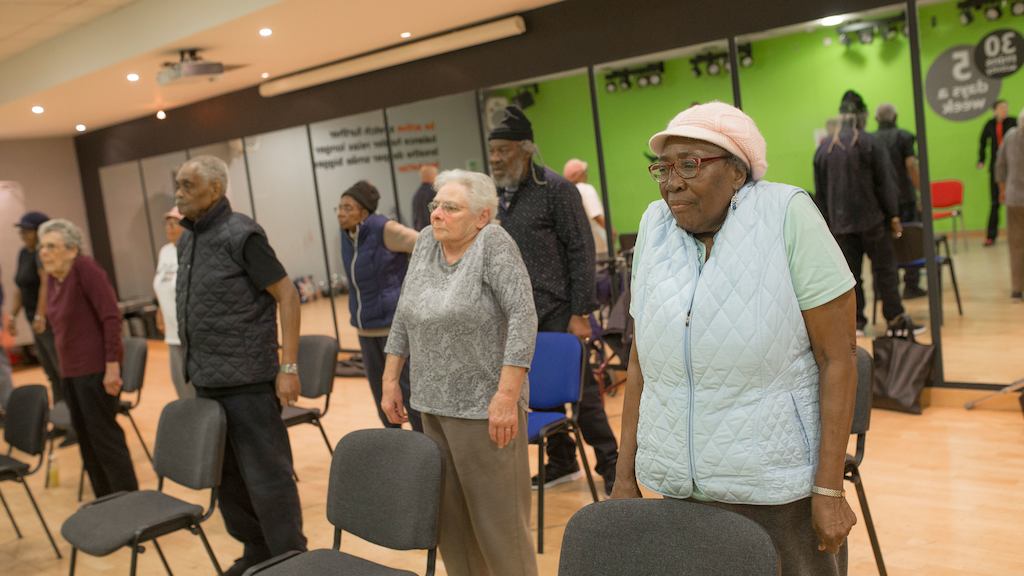High profile organisations in the UK’s health, housing, employment, research and voluntary sectors have today launched a landmark shared vision on healthy ageing. Brought together by the Centre for Ageing Better and Public Health England (PHE), more than 60 organisations – including the Department of Health and Social Care, NHS England and other health, housing and employment bodies – will work together to make England the best country in the world to grow old.
Signatories commit to five key principles:
- Prioritising prevention and public health
- Creating opportunities for people to contribute to society as they age
- Fostering accessible and inclusive homes and neighbourhoods so everyone can live where they want
- Narrowing inequalities in healthy ageing
- Challenging ageist language, culture and practices
The shared vision is published alongside the results of a new online YouGov survey of over 2,000 people aged 40-60, commissioned by Ageing Better and Independent Age, looking into hopes, fears and expectations about health in later life.
Many of those surveyed worry their physical health will affect their ability to do things like be as financially secure as they’d like (62%), be as physically active as they want (55%), or live in the kind of home they want (43%) at 65 or older. Two in three (67%) think ageism or being treated differently based on age negatively affects the physical health of over-65s.
When asked what will be most important to them when they are over 65, four in five (81%) rated having good mental health as “very important”. People also listed being financially secure (74%), having good physical health (72%) and being able to see family and friends face to face (60%) as very important. When they are over 65, 71% plan to be physically active at recommended levels and 74% plan to eat a healthy balanced diet.
Respondents say improving homes (69%) and neighbourhoods (68%) to meet the needs of older people, for example by providing home adaptations at reduced cost or providing more public transport options which are accessible for disabled people, should be prioritised in the UK for ensuring that people over the age of 65 have a good quality of life. Other priorities include preventing people from being treated differently due to their age (63%) and supporting people to stay in work for as long as they want (58%).
By endorsing this shared vision, signatories add their voice to calls to tackle these issues and provide everyone with the opportunities and support they need to have a good later life.
Across the UK, much work is being done to promote healthy ageing. In phase 2 of the consensus statement, PHE will engage with national public health teams and partners in devolved administrations so that the best of these actions can be shared and promoted. The team will work together to develop and promote good practice, as well as inspiring others so everyone can look forward to being healthy and happy in later life.
